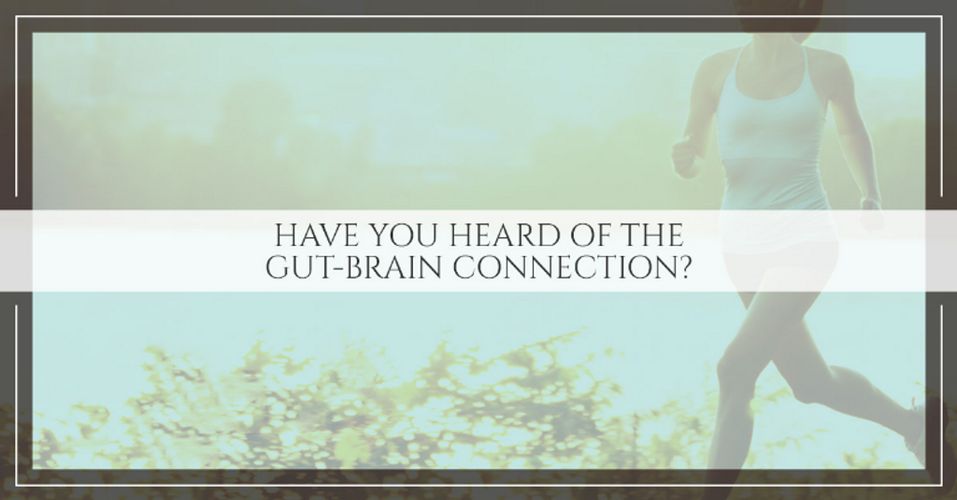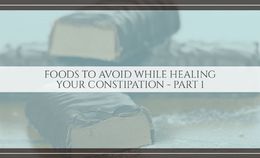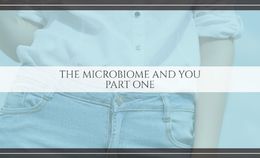To find health and wellness, addressing your gut health is imperative. Emerging research on the microbiome has been linked to many health-related issues including mood concerns, immune health, and digestive illness, but now there is research supporting a concept called the "gut-brain connection".
If you’ve ever wondered about butterflies in your stomach or certain scenarios that induce nausea, perhaps a larger biological process in involved! If digestive wellness is a part of your health goals this year, reading Healing Digestive Illness and scheduling a consultation will be an invaluable investment towards your health and wellness. In today’s post, find out all about the gut-brain connection and how all of it relates to gut health.

“There’s a Pit in My Stomach,” and Other Gut-Brain Musings
Visceral feelings, emotions we feel in our guts, aren’t a mistake nor are they just a byproduct of evolution. These expressions tied to our gastrointestinal tracts, we now know are directly linked to the brain in the emerging information on the gut-brain connection. As it turns out, the connection to our brain and the connection to our digestive tract signal, run, and connect in both directions. For example, a person’s stomach or intestinal concerns can be caused or produced by stress, anxiety, or depression because these once thought unrelated systems are extremely interconnected.
Can You Heal Your Gut Without Addressing Mood Issues?
If you’re a person who is plagued by chronic diarrhea and other digestive concerns, it may be difficult to heal these conditions without simultaneously considering the impact stress and anxiety have on your health.
Anyone who has experienced extreme nerves from public speaking or feeling gut pain when you’re under immense pressure knows it’s not made up or all in your head. When psychological issues are experienced they combine and produce a physical reaction rooted in the gut, thus inflammation flares up and in the worst case scenario begins to harm your body’s immune response. It’s even been studied that people with chronic digestive issues sense pain at a higher level because they’re unable to properly modulate pain signals from the gut.
So, if you suffer from digestive illness does addressing stress and anxiety help with symptoms? There are over 13 studies that have found that direct connection — patients who used psychological therapies saw a greater improvement in their digestive concerns than those who only had traditional interventions.
Are Mood Concerns Disrupting Your Gut Health?
Stress is commonly found in those who suffer from chronic gut health issues surrounding diarrhea, acid reflux, and stomach cramps.
Physical manifestations of stress include:
- Tense upper-body muscles (head, neck, and shoulders)
- Sleep disturbances
- Headaches
- Tremors or shakiness
- Low libido
- Weight fluctuations
- Agitation
Stress can also manifest in the behavioral and emotional parts of your life including:
- Behavioral
- Incessant talking of the stressor
- Procrastination
- Teeth grinding
- Fluctuations in how much you eat and drink
- Withdrawal
- Procrastination
- Emotional
- Feeling overwhelmed/pressure
- Crying
- Difficulty relaxing
- Trouble with decision making
- Nervousness
- Temper
- Memory issues
- Loss of humor
- Depression
The GI tract as a “second brain”
The connection between our gut health and our emotions is very strongly connected, and a pathway exists from the brain to the GI tract and from the GI tract to the brain, and while our gut doesn’t help us cram for a chemistry final or write poetry, it has an influence over our behavior. As we’ve expanded on above stress is connected with our gut health, and chronic stress can have even more insidious consequences if left unaddressed. Not only will your digestive issues persist and possibly get worse, you’ll develop systemic inflammation causing your immune health to deteriorate.
The gut-brain connection, though it’s only newly been discovered, impacts not only our physical manifestations related to stress, but the psychological components also influence our overall gut health. The notion of feeling things, having a “gut feeling,” or getting nauseous before a presentation are all related to the interconnectedness of our brain and GI tract. To find optimal gut health, addressing mood issues — physical, behavioral, and emotional — in combination with diet and lifestyle changes will greatly improve symptoms.
Now that you know the impact of the gut-brain connection, how will be more mindful of your gut health? Share below!
---
Russell Mariani has devoted his career to finding answers to treat and promote optimal digestive wellness. Find freedom from your digestive illnesses and invest in your health and wellness with a copy of Healing Digestive Illness. Explore how to heal your gut through food and lifestyle adjustments and transform your gut health.















